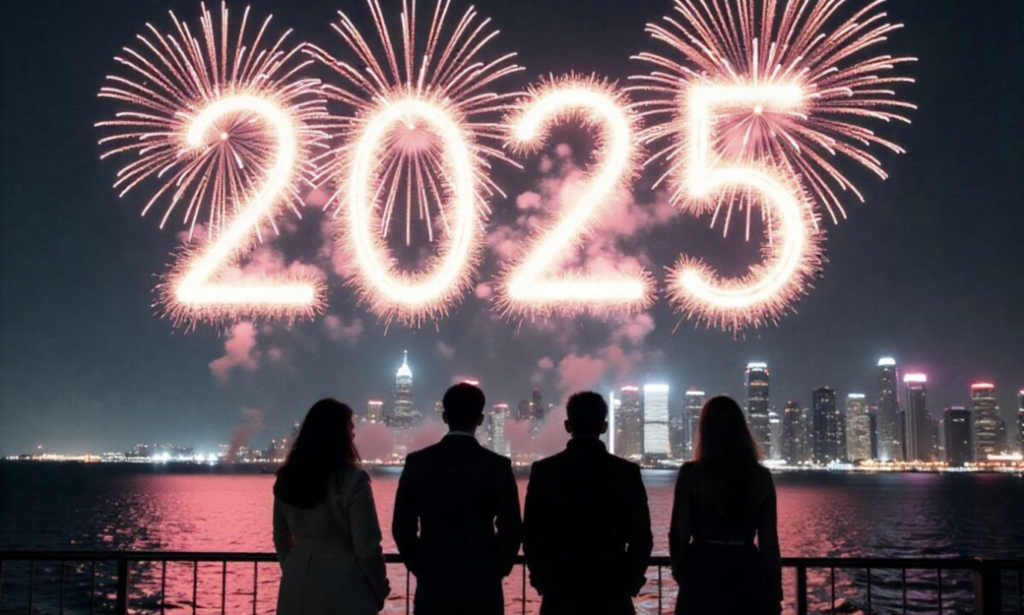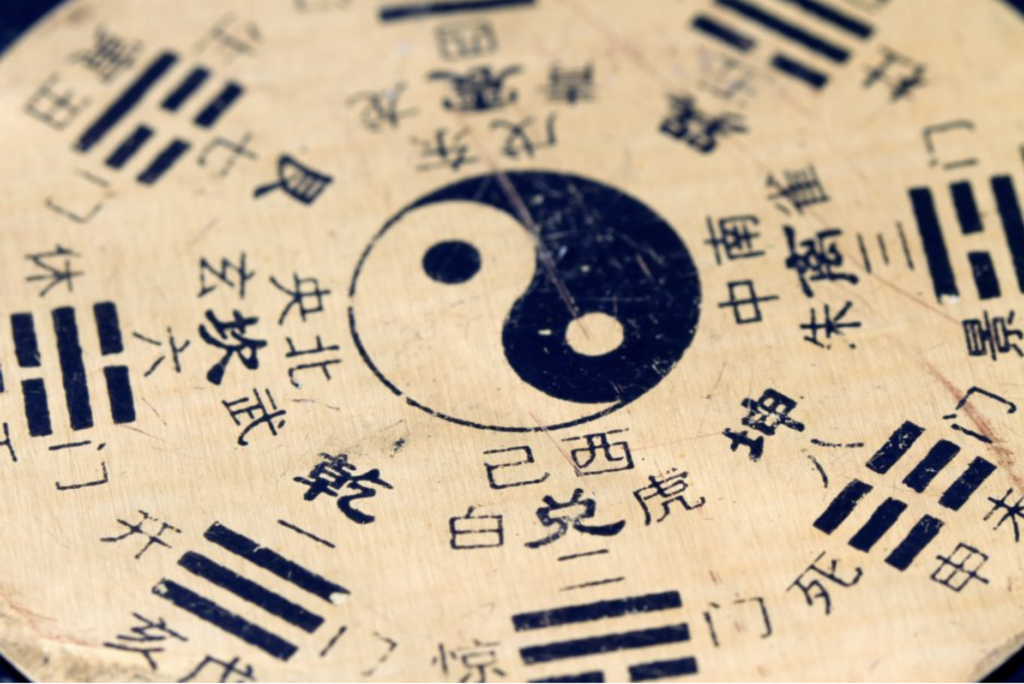
Photo contribution by Greenvans
Before I begin this article, I’ll tell the story of how it was pitched. It was the Myers Park Hoofprint Christmas Party, and we had just finished our annual White Elephant. One of our editors suggested that we all go around and say our New Year’s resolutions. Everyone said very admirable resolutions, except myself, because I could not come up with anything to say. It felt like I should have a resolution, because of the season, but a resolution did not come naturally to me. Resolutions aren’t confined to a certain time of year, and yet, the pressure of changing oneself for the New Year is omnipresent.
I pitched this article to advocate against the “New Year, New Me” messaging. Most holidays are guilty of propagating messages they claim only apply to their time of year– Thanksgiving as the only time to be thankful, Christmas as the only time to give. While the point of these holidays wasn’t necessarily to confine these principles of gratitude, empathy, and change to a specific time of year, they have morphed into selective dates where people feel obligated to meet the societal expectations about the holiday, but rid themselves of those obligations otherwise.
This unfortunate phenomenon is especially applicable to New Year’s Resolutions. We all know the statistics. Gym memberships spike in January only to wane in February. Diet plans go well for twenty days only to fall off the second the New Year’s optimism ends. New Year’s resolutions are often inorganic, with ninety-five percent of people who make New Year’s resolutions failing to achieve the goal they set. Instead of coming to resolutions naturally, people wait till the New Year’s to change themselves and do not find success because of the lack of authenticity of their resolutions. Why should they try to lose weight when they are motivated in May if all their peers are doing so in January?
In addition, New Year’s Resolutions often foster a culture of consumerism. When examining the statement’s denotation, New Year’s Resolutions are simply goals, but its connotation tells a different story– a story of environmental degradation. Big corporations, particularly in the beauty industry, will weaponize the “New Year, New Me” messaging to convince consumers that the messaging truly means “New Year, New Clothes.” Brands like H & M and Shein sell the most amount of clothes during the holidays, including New Year’s. Makeup brands convince consumers that they need their product to glow up– food companies that they need their product to eat healthier. This excess consumerism has an immense environmental impact, perpetuating climate change through the carbon dioxide emissions required to manufacture these unnecessary products.
It is important to note that I am not arguing that no positive resolutions are made at New Year’s. In fact, I ended up making a resolution at New Year’s, to quit drinking Diet Coke. However, this resolution was not due to the time of year, as I was not planning it in advance. It was instead due to the fact that when I traveled to Costa Rica over Christmas break, they did not sell Diet Coke, so I was forced to go cold turkey off of the drink for nine days. When I came back, I no longer felt the desire to drink Diet Coke, so I quit for the health benefits. It wasn’t a New Year’s Resolution, it was just a resolution that happened to occur around New Years. Resolutions around New Years are not the problem, the culture of New Year’s resolutions that pressures people to inorganically better themselves by buying a product is.
Gratitude should not be confined to a time of year. Giving should not be confined to a time of year. Resolutions should not be confined to a time of year. I am of the firm belief that people should change their lives when they are inspired to do so, prioritizing longevity and authenticity in resolutions over fitting in with the “New Year’s resolutions” trend.



